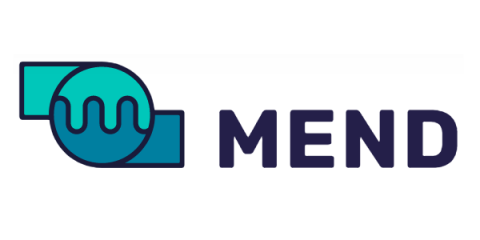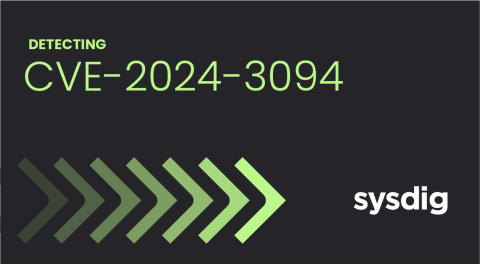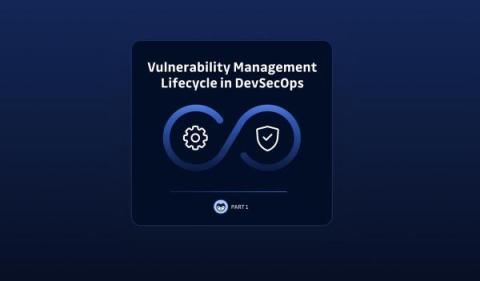Bombshell in SSH servers! What CVE-2024-3094 means for Kubernetes users
On March 29, 2024, Red Hat disclosed CVE-2024-3094 (a.k.a XZ vulnerability) scoring a critical CVSS rating of 10. Stemming from a supply chain compromise it affects the latest iterations of XZ tools and libraries. The CVE was identified by a software engineer following the discovery of performance issues in SSH connections. This led to the exposure of a major supply chain attack where a compromised library was inserted into sshd and exploited during the authentication process.











